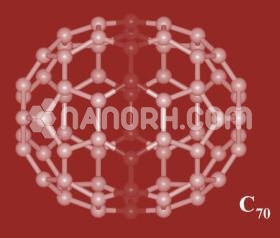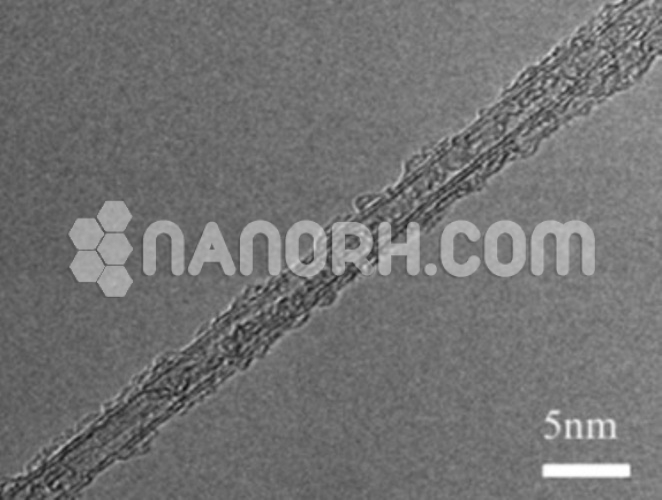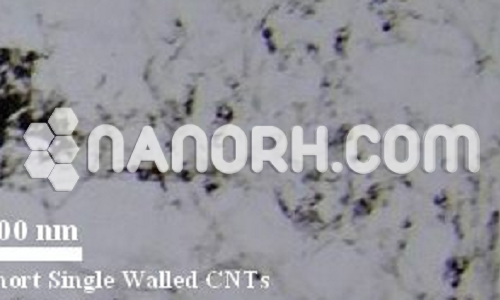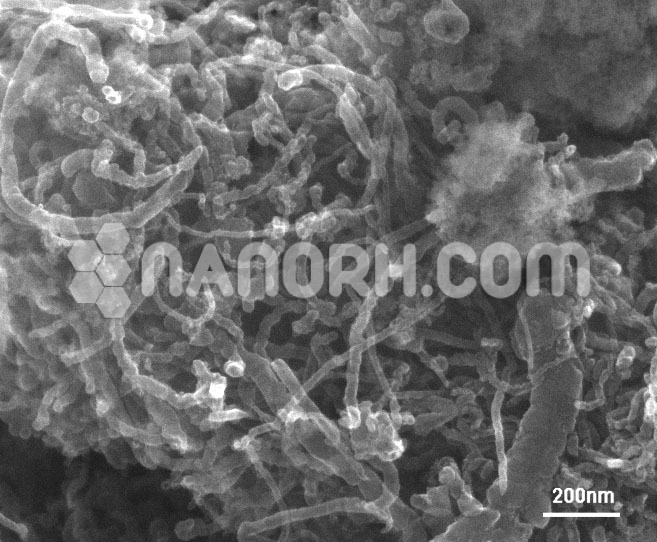Fullerene C70, 98%
Fullerenes are poorly soluble in most solvents and are usually solubilized with aromatic solvents such as toluene, chlorobenzene, or non-aromatic solvents such as carbon disulfide. Pure fullerene solution is usually purple, the concentration is dark purple…
Fullerene C70, 98%
| Product No | NRE-41004 |
| CAS | 115383-22-7 |
| Purity | >98% |
| Melting Point | 280 °C |
| Density | 1.7 g/cm³ |
| Molecular Formula | C70 |
| Molecular Weight | 840.77 g/mol |
| Form | Dark crystals |
| Solubility | Soluble in benzene |
Fullerenes C70 Solubility:
Fullerenes C70 are a class of carbon allotropes that include molecules composed entirely of carbon, arranged in a spherical, ellipsoidal, or cylindrical shape. The most well-known fullerene is C₆₀, also known as the buckyball, but another important member of this family is C₇₀, a fullerene molecule containing 70 carbon atoms.
Applications
Organic Electronics
Organic Photovoltaic Cells (OPVs):
C₇₀ is widely used as an electron acceptor in organic solar cells, especially in the form of a composite material with electron donors like polymer-based materials. C₇₀’s excellent electron-accepting properties make it an essential component of bulk heterojunction OPVs, where it helps to improve the efficiency of light-to-electricity conversion.
Organic Light Emitting Diodes (OLEDs):
C₇₀ is used in OLED devices, which are important for displays and lighting applications. Its ability to accept electrons and enhance charge transport properties can improve the efficiency and performance of organic-based electronic devices.
Field-Effect Transistors (FETs):
C₇₀ is studied for use in organic field-effect transistors (OFETs) due to its high mobility and the ability to act as a semiconductor. Incorporating C₇₀ into OFETs can result in higher device performance and better charge transport characteristics.
Energy Storage and Conversion
Supercapacitors:
C₇₀ is used in supercapacitors to improve energy storage capacity and charge/discharge rates. The high surface area and electron-accepting ability of C₇₀ allow for enhanced charge accumulation, which makes it ideal for use in energy storage devices that require high power density and fast response times.
Battery Technologies:
C₇₀ fullerenes are explored as potential materials for lithium-ion batteries and sodium-ion batteries. By enhancing electrode materials with C₇₀, the capacity and cycling stability of these batteries can be improved.
Hydrogen Storage:
The large surface area of C₇₀ makes it a candidate for hydrogen storage applications. Fullerenes can adsorb hydrogen molecules, potentially playing a role in fuel cell technologies or clean energy storage systems.
Nanotechnology and Materials Science
Nanocomposites:
C₇₀ is used to improve the properties of various composite materials. Its high surface area and electron-accepting properties make it an ideal component for enhancing the mechanical strength, thermal stability, and electrical conductivity of materials in nanoelectronics, sensors, and protective coatings.




